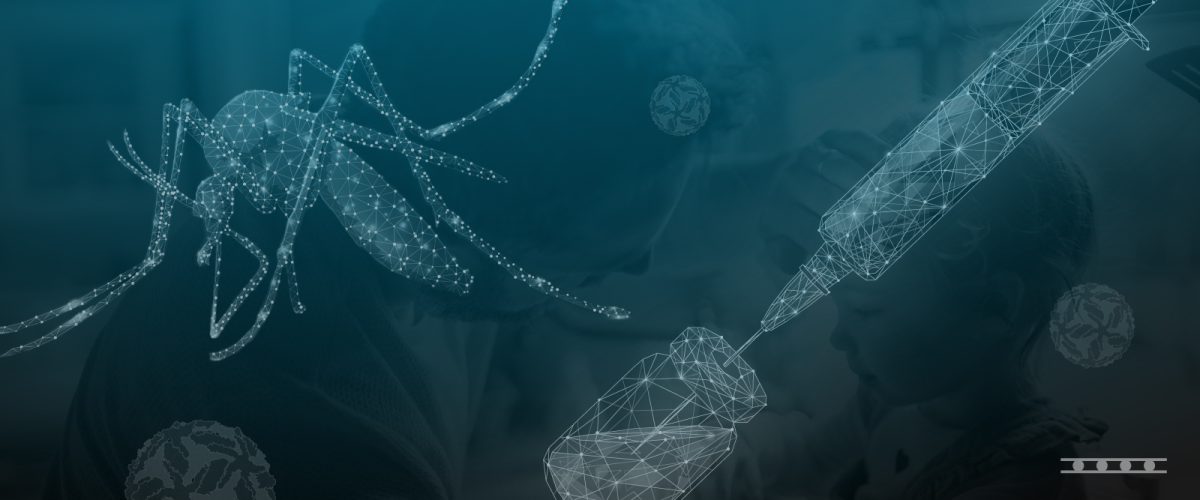The Growing Threat of Dengue
Dengue fever, a mosquito-borne viral infection, has seen a staggering increase in cases over the past two decades.1 Between 2000 and 2019, the incidence of dengue rose tenfold, with nearly half of the world’s population now residing in areas where the disease is endemic.1
This alarming trend is largely attributed to climate change, which has created favorable conditions for the proliferation of Aedes mosquitoes, the primary vectors of the dengue virus. Rising temperatures and increased rainfall have expanded the habitats of these mosquitoes, facilitating the spread of dengue into new regions.
Infection Diagnostics
In response to this escalating threat, comprehensive diagnostic solutions have been developed for dengue- from the onset of the first symptoms to the end of the disease (Figure 1).

Figure 1. Reliable diagnostics of dengue virus infections in all disease stages. Illustrations designed based on scientific information from https://pubmed.ncbi.nlm.nih.gov/21079655/;https://www.nature.com/articles/s41577-019-0123-x Adapted from Ohst C et al., Reliable serological testing for the diagnosis of emerging infectious diseases. Adv Exp Med Biol 1062:19-43 (2018).
EUROIMMUN’s diagnostic approach includes both antigen and antibody detection methods, each playing a crucial role in the identification and management of dengue infections.
- Antigen Detection: This test detects the viral protein NS1, an early marker for acute dengue infections. Positive results can be obtained at the first sign of symptoms, allowing for prompt diagnosis and treatment.
- Antibody Detection: These tests identify IgG and IgM antibodies against dengue, indicating both current and past infections. They are particularly valuable for screening individuals before vaccination and for investigating potential cross-reactions with other flaviviruses.
Importance of Antibody Testing in Dengue Vaccination
The CYD-TDV vaccine (Dengvaxia) is only administered to people who live in endemic areas and have been proven to have been infected with the dengue virus. The CDC (Centers for Disease Control and Prevention) therefore recommends double testing with two specific test systems for the detection of IgG antibodies against dengue.2 One of the two test systems of this two-step algorithm is the EUROIMMUN Anti-Dengue Virus NS1 Type 1-4 ELISA (IgG).2*
Qdenga, another vaccine against dengue, has been available since 2022. Further vaccines are currently in development and approval date varies depending on the country.
Conclusion
As dengue continues to pose a significant public health challenge globally, the importance of reliable diagnostic solutions cannot be overstated. Dengue testing is a critical tool in the fight against this disease, enabling healthcare providers to diagnose, treat, and manage dengue infections more effectively.
The importance of reliable testing—a patient story
Watch this video below to see how challenging a dengue infection can be for patients and their relatives.
*The EUROIMMUN test is recommended by the CDC for public health purposes. This test is for Research Use Only. Not for use in diagnostic procedures.
References:
- World Health Organization. (2020). Dengue and severe dengue. Retrieved from https://www.who.int/news-room/fact-sheets/detail/dengue-and-severe-dengue
- Centers for Disease Control and Prevention. (n.d.). Testing for prior dengue infection. Retrieved July 3, 2024, from https://www.cdc.gov/dengue/hcp/vaccine/testing.html
Contact us:
If you have any questions, please reach out to scientificaffairs@euroimmun.us





